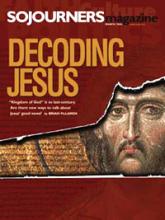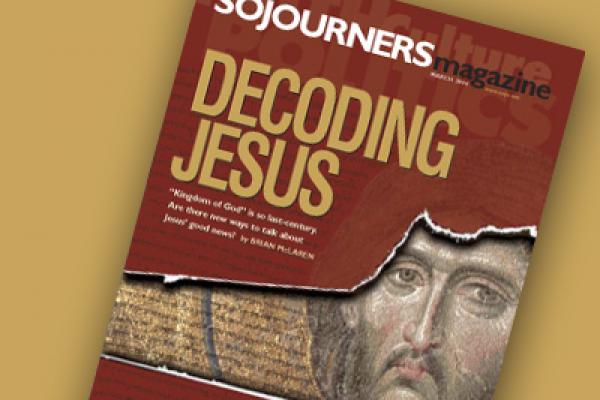When Jesus spoke of the kingdom of God, his language was charged with urgent political, religious, and cultural electricity. But if we speak of the kingdom of God today, the original electricity is largely gone, and in its place we often find a kind of tired familiarity that inspires not hope and excitement, but anxiety or boredom.
Why is kingdom language not as dynamic today? First, in our world, kingdoms have given way to republics, democracies, and democratic republics. Where kings exist, they are by and large anachronisms, playing a limited ceremonial role in relation to parliaments and prime ministers, evoking nothing of the power and authority they did in Jesus’ day.
In addition, for many today, kingdom language evokes patriarchy, chauvinism, imperialism, domination, and a regime without freedom—the opposite of the liberating, barrier-breaking, domination-shattering, reconciling movement the kingdom of God was intended to be! If Jesus were here today, I’m quite certain he wouldn’t use the language of kingdom at all, which leaves us wondering how he would articulate his message.
It’s a very practical question for people like me who believe that the secret message of Jesus has radical transformational potential today—and who feel called to try to communicate it. Of course, we’ll always need to go back to Jesus’ original words and story, seeking to understand how kingdom language worked in his own day. But then we must discover fresh ways of translating his message into the thought forms and cultures of our contemporary world, if we are to “teach what Jesus taught in the manner he taught it.”
Read the Full Article

